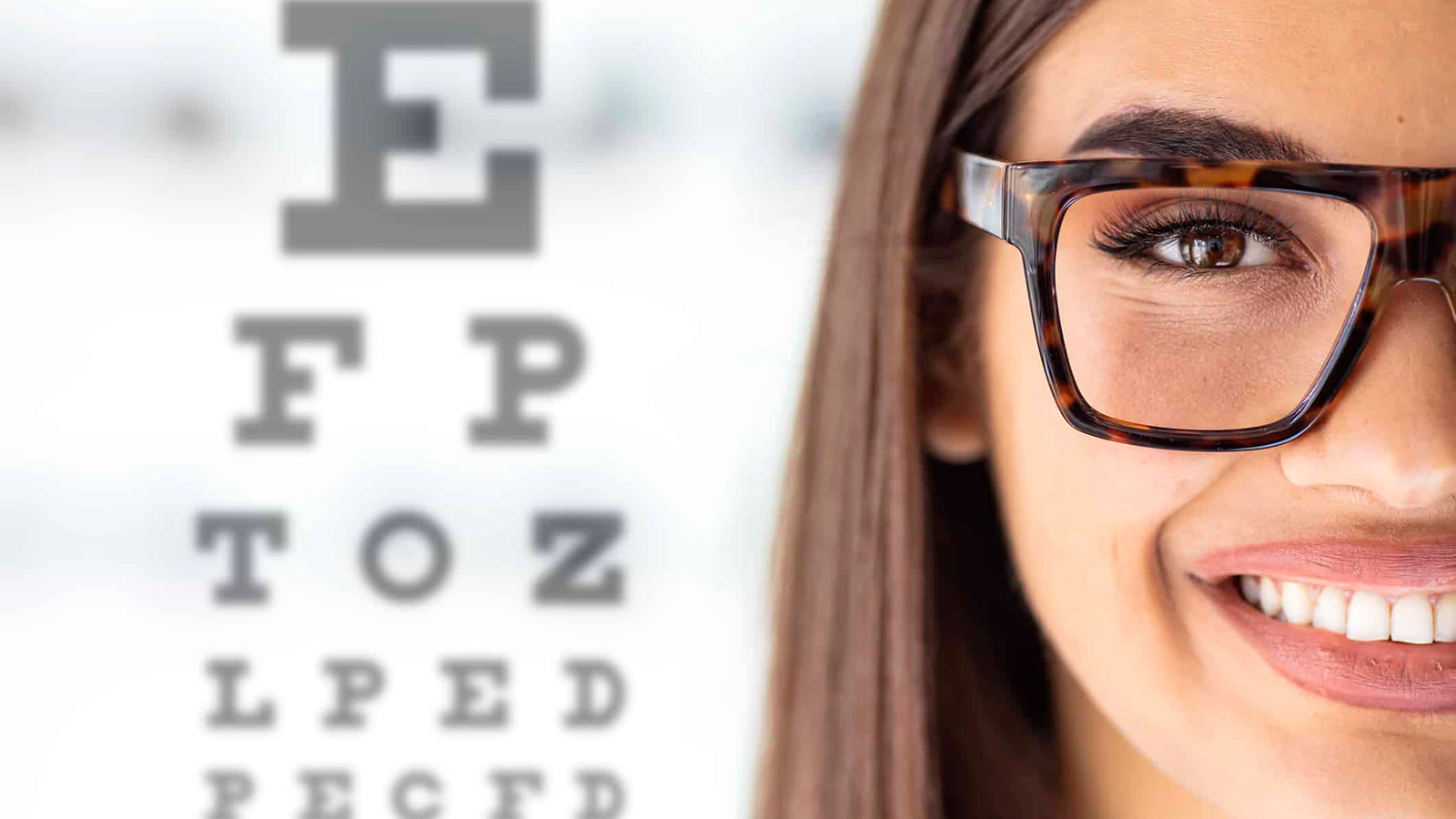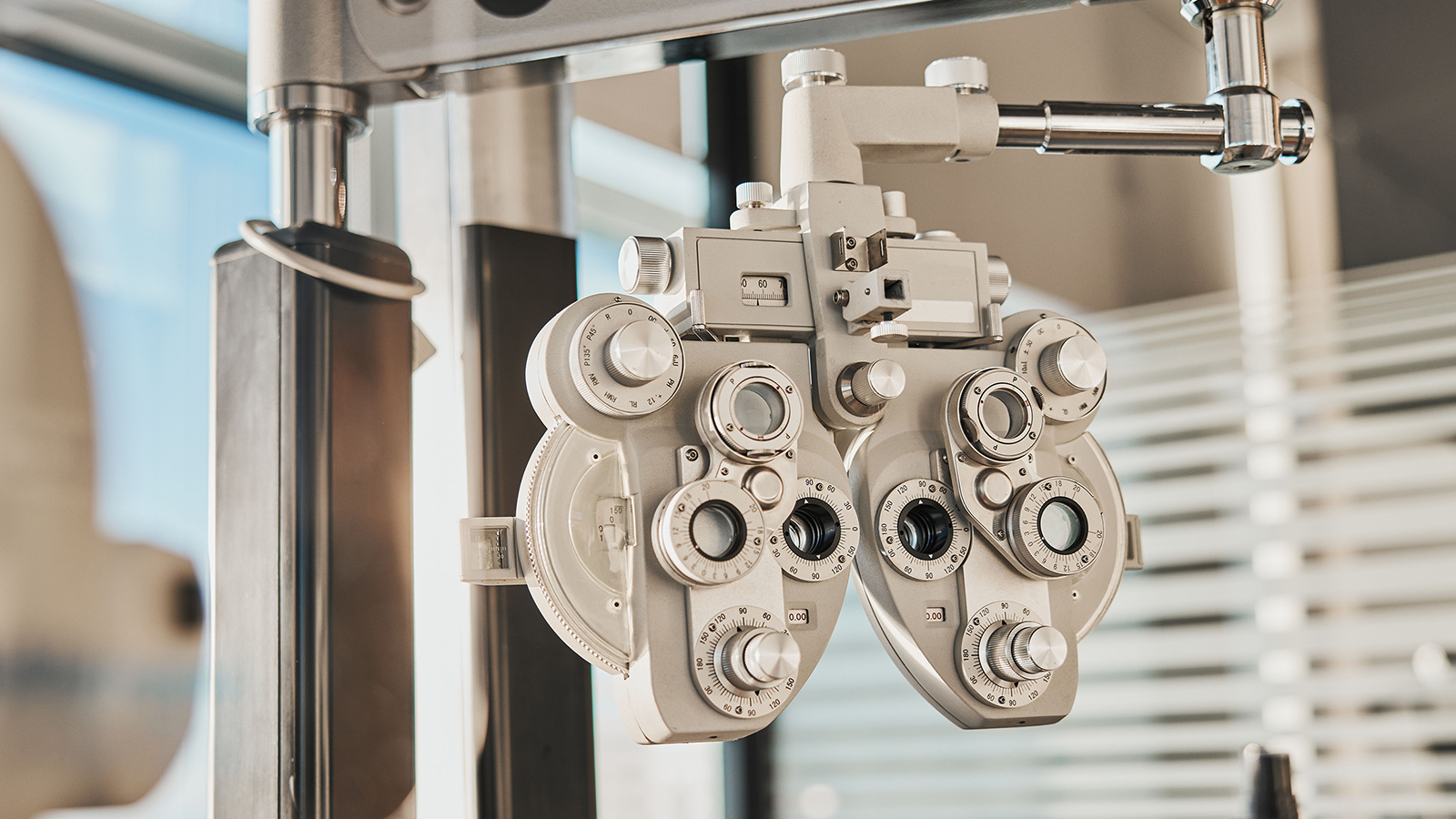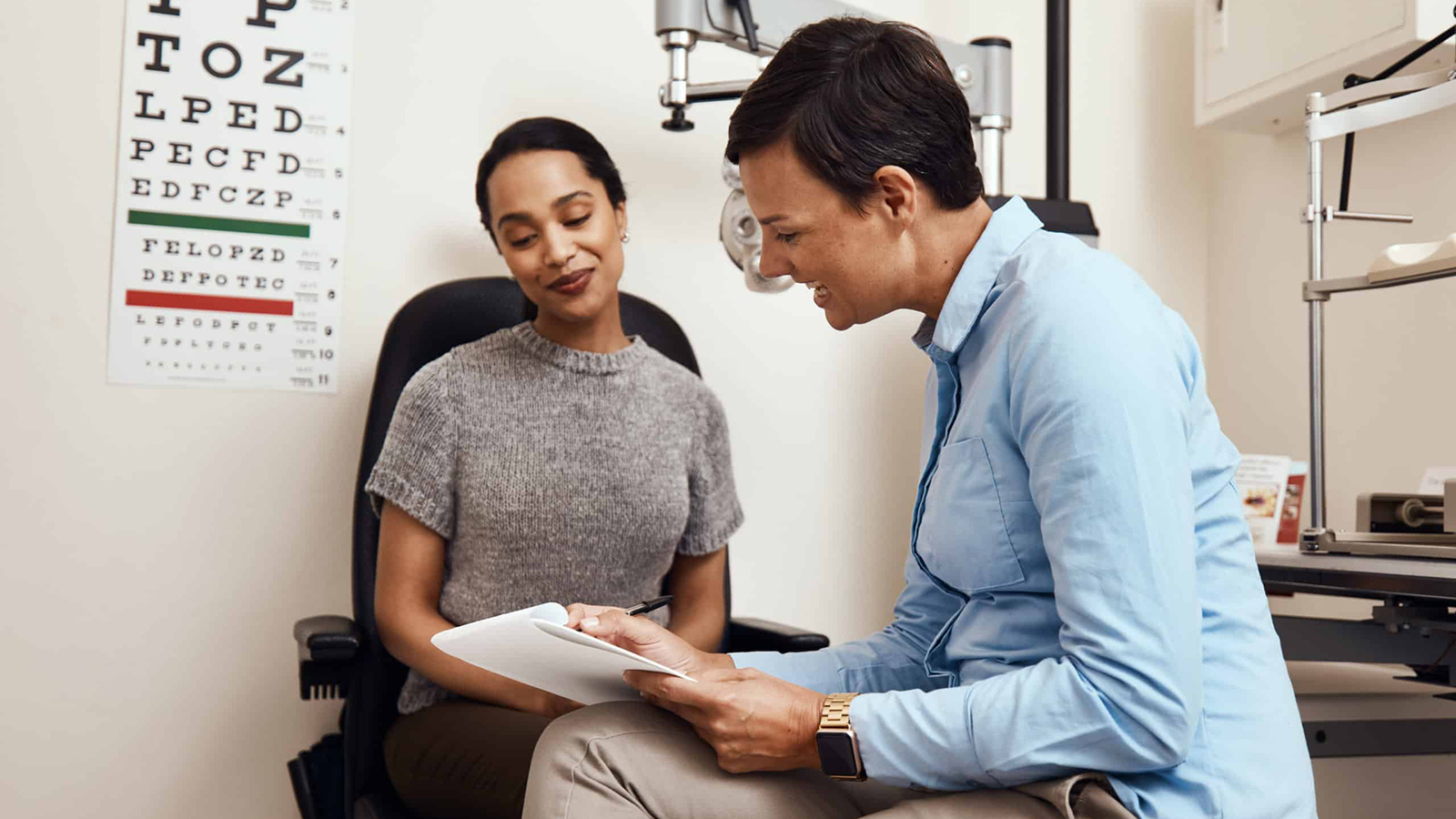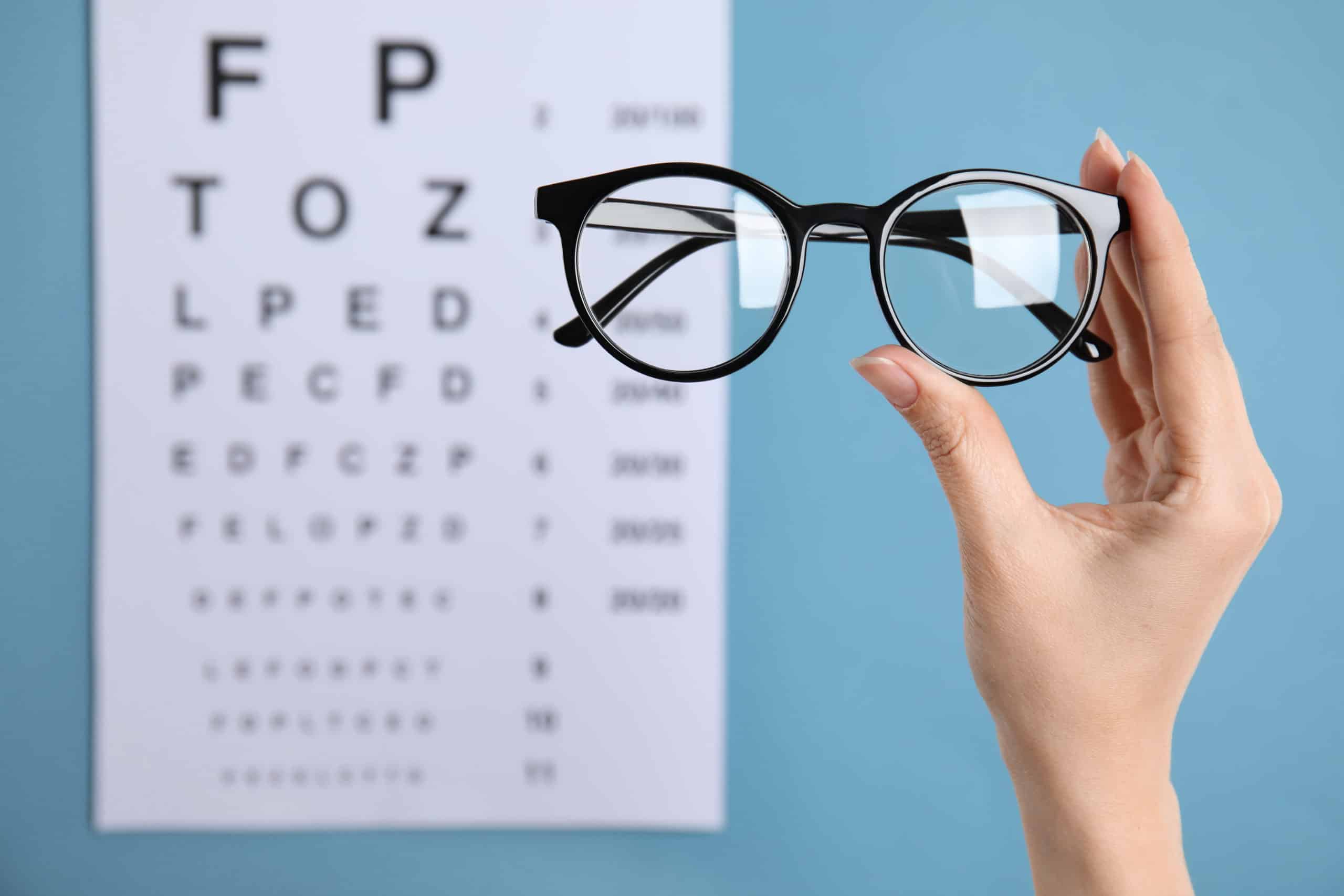What Is the Importance of a Comprehensive Eye Examination?
You probably know that eye doctors recommend comprehensive eye examinations every two years for most people and annually for children and seniors. How seriously do you take this recommendation? If your eyes feel fine and you’re not having trouble with your vision, do you really need to see an eye doctor? What’s involved in a comprehensive eye examination, anyway? We’ve got answers to your questions about comprehensive eye examinations and why it matters.
There’s a Difference Between a Comprehensive Eye Examination and a Vision Screening
If you’re counting the vision screening you had at the doctor’s office during your last physical, don’t. A vision screening, in which you’re asked to read numbers on a chart while each eye is covered, is just to make sure your vision is reasonably sharp. A comprehensive eye examination, however, allows an eye specialist to look for possible problems with your eyes and vision, like eye diseases and vision problems.
Myopia Is Becoming More Common
Also known as nearsightedness, myopia is the most common cause of vision problems for people under 40 years of age. Recently, however, the number of cases of myopia in the United States has grown at an unprecedented rate. While about 25 percent of the population had myopia in previous years, that number has gone up to 40 percent. In fact, more children are being diagnosed with myopia. Myopia can run in families, but it’s thought that increased screen time is contributing to the problem. No matter your age, it’s important to have regular comprehensive eye examinations so that your eye doctor can catch problems like myopia and recommend or prescribe vision correction methods.
Eye Issues Can Be an Indication of Bigger Problems
While eye doctors focus on the examination of eye issues, they’re also trained to recognize signs of other health problems. Certain illnesses are linked to eye problems, including diabetes. In fact, diabetes is the leading cause of blindness in the United States. A person with undetected or uncontrolled diabetes may have blurred vision and have difficulty seeing clearly at night.
Therefore, if you go to the eye doctor complaining of these symptoms and the doctor finds no physical cause, you may be referred to a specialist for diabetes testing. Your eyes can also alert your doctor to the fact that you’re at risk of a stroke. Other health conditions related to vision include multiple sclerosis, high cholesterol, sleep apnea, migraines, lupus, psoriasis, and Lyme disease. Having regular comprehensive eye exams is a great way to be proactive about your overall health.
You Might Not Realize You Have Vision Loss Until Something Bad Happens
If your vision is poor and you don’t realize it, you may be at higher risk for falls or even car accidents. Having your eyes examined regularly allows your eye doctor to catch problems with your vision before they become life-altering issues.





